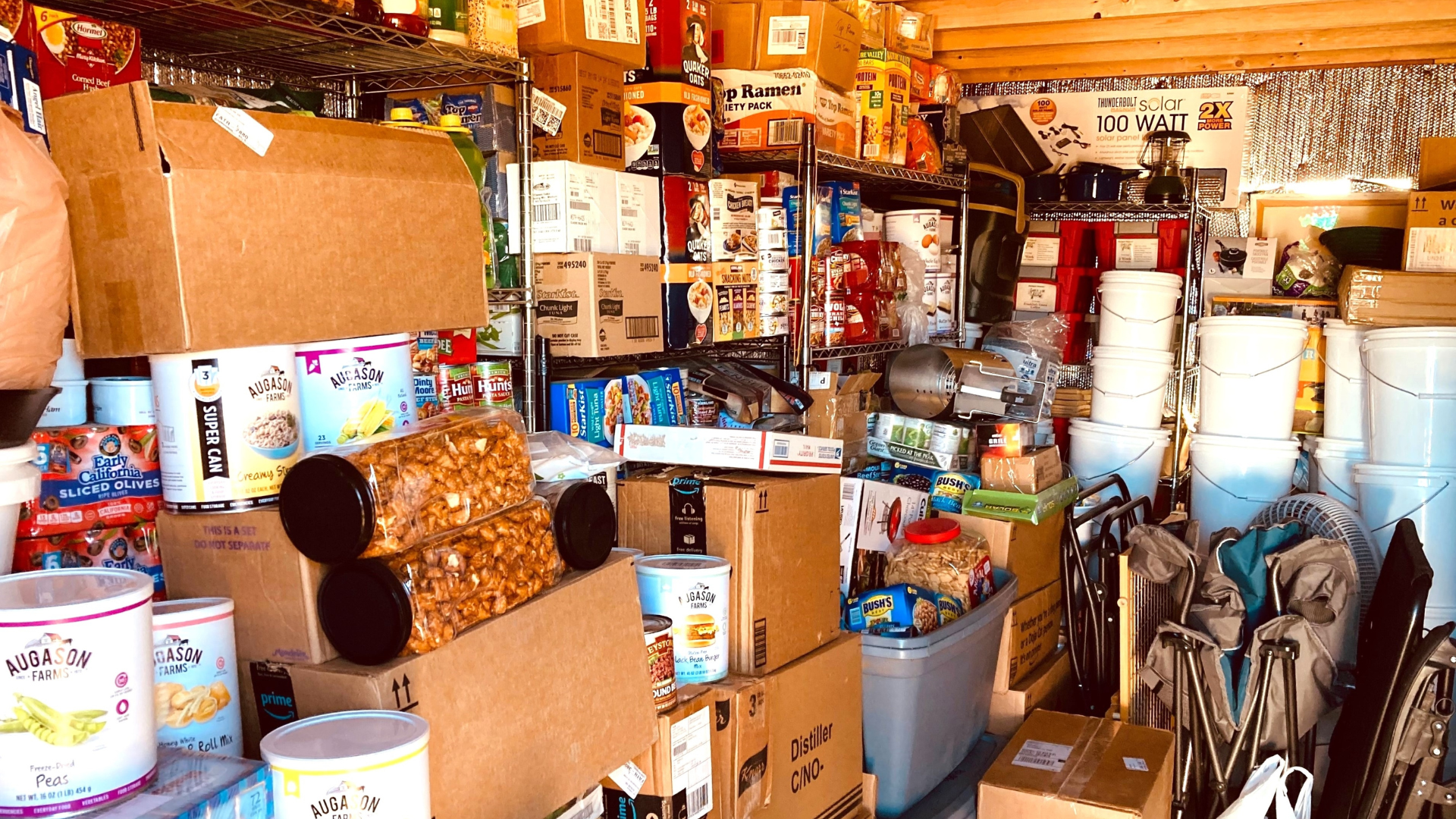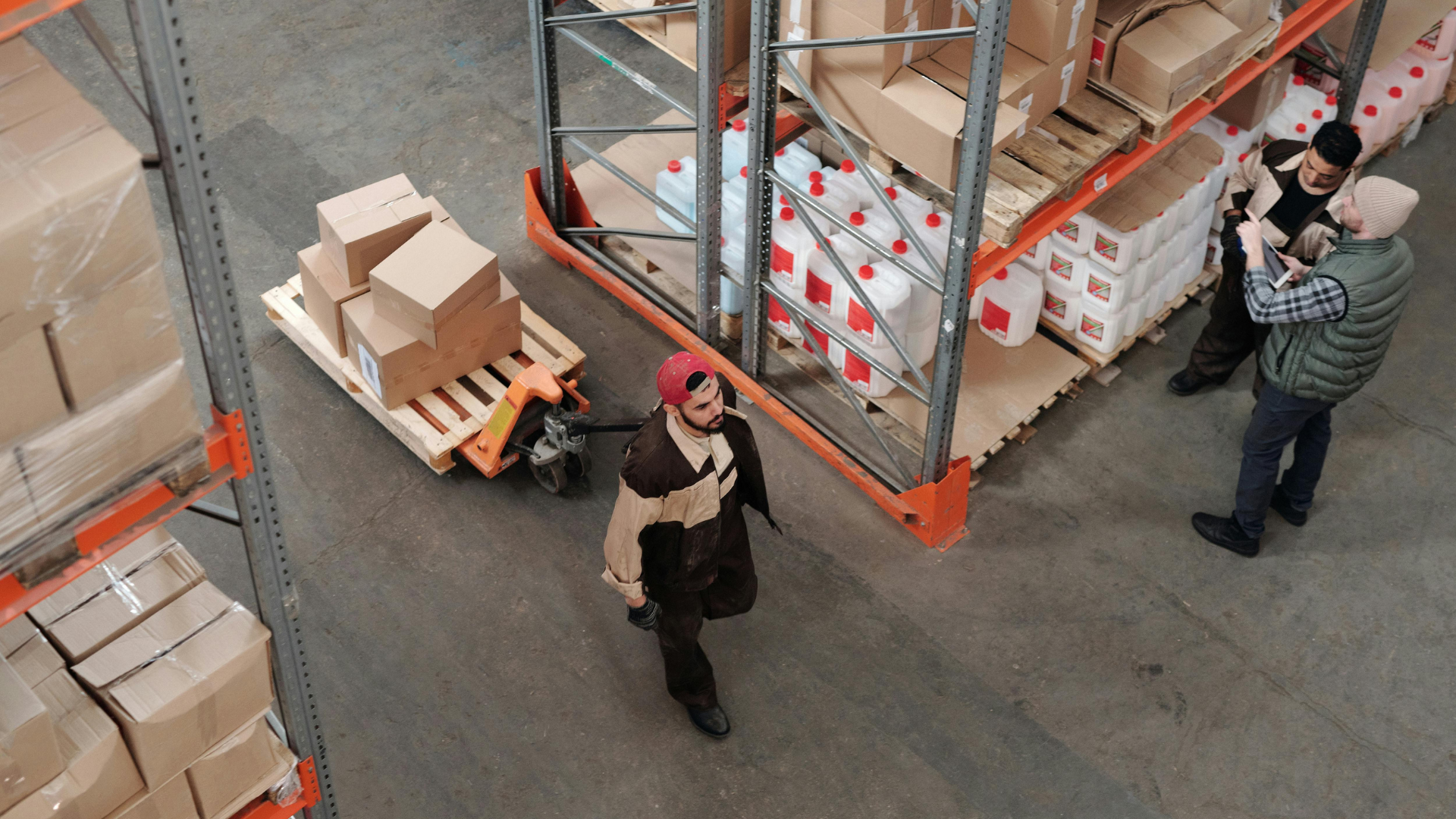Cuyahoga County held a briefing on November 20, updating residents and the media about the number and rate of COVID-19 cases in the county.

“This is not a drill, folks,” Cuyahoga County Executive Armond Budish remarked as he opened the briefing. On Wednesday, November 18, Budish and the City of Cleveland’s Mayor Frank Jackson and local health professionals announced a stay-at-home advisory for all Cuyahoga County residents. And Cuyahoga isn’t the only county to issue one. Lucas, Franklin, Montgomery, Medina and Summit counties have also issued stay-at-home advisories. “The virus is becoming more and more visible to us,” he pointed out, stressing the importance of limiting activities to essential errands and tasks. The surge in virus cases has health officials, including the Centers for Disease Control and Prevention (CDC), asking people to cancel their plans to host or visit large Thanksgiving gatherings and to have Thanksgiving with those who live their households.
The surge in virus cases has health officials, including the Centers for Disease Control and Prevention (CDC), asking people to cancel their plans to host or visit large Thanksgiving gatherings.
Recognizing the pandemic's effect on local businesses and residents, Budish announced two programs designed to help. The first program, the Small Business Stabilization Fund, is a $4.3 million grantmaking fund administered by Cleveland Neighborhood Progress, which will help small businesses struggling to make ends meet. Applications for this fund will go live on Monday, November 23, at 10 a.m. and close at 5 p.m. on Thursday, December 3. To learn more about the program, visit Cuyahogacounty.us/stabilizationfund or call to apply at 216-452-9714.
The second program is the Utility Assistance Program, which CHN Housing Partners administers. The program will help residents affected by COVID-19 receive help paying their utilities including electricity, gas, water & sewer. The funding is income-based and is available until December 31. Visit CuyahogaCounty.us/assistance or call 833-377-7368 to learn more.
Wrapping up his remarks, Budish discussed another critical issue affecting many in the community—mental health. Jails and prisons have become de facto mental health facilities. Budish announced that moving forward, for those with a mental illness who call the police for help, instead of going to jail, they would go to a diversion center. The center, which Budish said Cuyahoga County will open in the first quarter of 2021, will be a place for crisis intervention, stabilization and treatment. The diversion center will be supervised by the Alcohol, Drug Addiction & Mental Health Services of Cuyahoga County (ADAMHS Board) and operated by Oriana House. Budish announced the center will be located at East 55th and Euclid Avenue, that it will have 50 beds and provide treatment for individuals for up to nine days. He also said that professionals at the center will be able to provide referrals for longer-term treatment. The ADAMHS Board will also provide crisis intervention training to police officers. Community Solutions wrote extensively earlier this year about the need for a diversion center in Cuyahoga County, read that full report here.
All 88 counties in Ohio reported a high incidence of spread as defined by the CDC.
Following Budish was Cuyahoga County Board of Health (CCBH) Commissioner Terry Allen. Statewide, Allen said, positive COVID-19 cases have increased by nearly 300 percent in the past month. At the time of the briefing, all 88 counties in Ohio reported a high incidence of spread as defined by the CDC. On Friday, Allen reported, 750 cases of COVID-19 were reported to CCBH, an all-time high for the health district and a significant increase from the 520 cases a day that were reported last week. Due to the surge, CCBH staff has been forced to triage cases and contact only those with the highest risk levels.
“We have a duty and obligation as public health professionals to do all that we can to protect our communities,” Allen commented as he reiterated Budish’s statement regarding Thanksgiving and the stay-at-home advisory. Allen asked residents to spend the holiday with just the family in their households, wash their hands, use masks to cover both noses and mouths, and work remotely if possible. If you test positive, isolate immediately for 10 days and contact everyone you’ve been in contact with within six feet and for 15 minutes or more, letting them know that they need to quarantine for 14 days. For those who test negative while in quarantine, Allen emphasized they need to maintain quarantine for the full 14 days due to the possibility of becoming positive and infectious and spreading it to others during that 14-day window.
For the week of November 14, the county had 19,926 total cases of COVID-19.
Following Allen, CCBH Medical Director Dr. Heidi Gullett provided the county's latest COVID-19 numbers. For the week of November 14, not including Cleveland's number of COVID-19 related cases, the county had 19,926 total cases of COVID-19, 1,186 hospitalizations, 439 intensive care unit admissions, 664 deaths and 14,562 people presumed recovered. In two 24-hour periods, the county had nearly 1,400 cases of COVID-19, and officials say it's overwhelming the system.
There will not be a briefing on Friday, November 27 due to the holiday.




.png)
.png)


